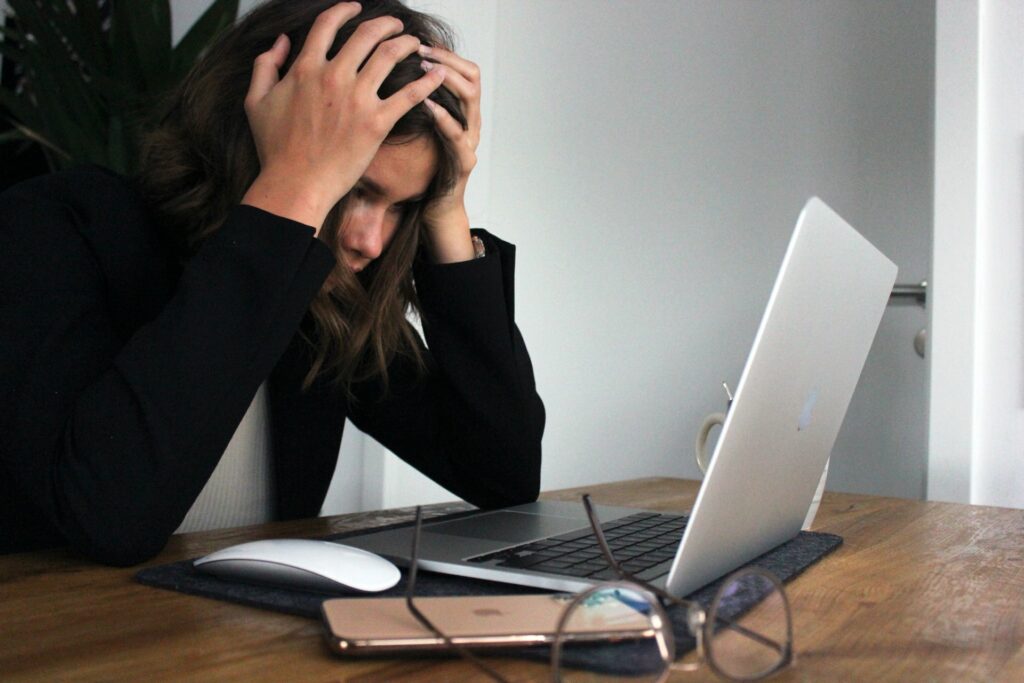Compassion Fatigue is Valid 一Here’s How to Beat it

Compassion Fatigue is Valid. Here’s How to Beat it. If you’re in the helping profession, you’ve probably heard about – or even personally experienced – compassion fatigue. Compassion fatigue is a very common experience, similar to burnout, in certain caretaking professions. Some studies suggest that women may be more vulnerable to compassion fatigue than men. We’re here to tell you that compassion fatigue is completely valid and normal; if you’re experiencing it, it doesn’t mean that you’re a bad person or employee. Here’s everything you need to know about what compassion fatigue is, why it’s valid, and what you can do about it if you’re going through it. What is compassion fatigue? Compassion fatigue, sometimes referred to as secondary trauma or vicarious trauma, is an…







